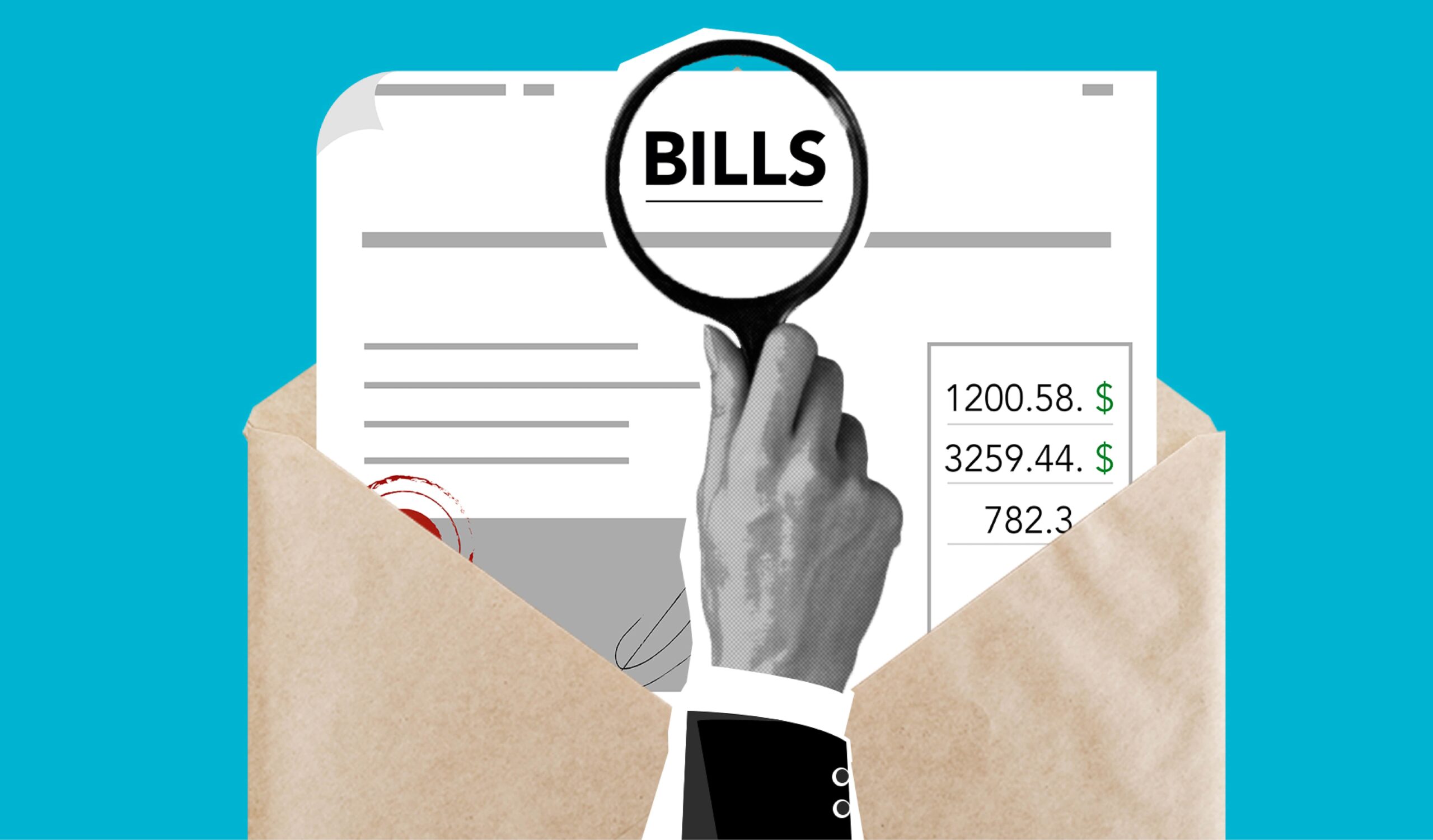
An itemized hospital bill is a detailed breakdown of all the services and charges incurred during a hospital stay. Understanding this bill is essential for patients, as it provides transparency and clarity regarding medical expenses. In this blog, we will explore the significance of itemized hospital bills, how to obtain them, and the benefits they offer in managing healthcare costs.
What is an Itemized Hospital Bill?
An itemized hospital bill lists each service provided during a hospital visit along with its corresponding cost. Unlike a summary bill, which simply states the total amount due, an itemized bill breaks down charges into individual line items, including:
- CPT or HCPCS Codes: These codes identify the specific services rendered.
- Costs for Each Line Item: This includes everything from room charges to medications and lab tests.
- Revenue Codes: Internal codes used by the hospital to categorize services.
Having a detailed itemized bill allows patients to see exactly what they are being charged for, promoting transparency and accountability in healthcare billing.
Why You Should Request an Itemized Bill
1. Accuracy and Error Detection
One of the primary reasons to request an itemized bill is to ensure accuracy. Mistakes in billing can occur, leading to overcharges or duplicate charges. By reviewing an itemized bill, patients can identify any discrepancies and address them promptly. Common errors to look for include:
- Overpriced services
- Charges for treatments or medications not received
- Incorrect service dates
2. Budgeting and Financial Planning
An itemized bill provides a clearer picture of medical expenses, which is essential for budgeting and financial planning. Understanding the specifics of what you are being charged for can help you anticipate future medical costs and manage your healthcare budget more effectively.
3. Insurance Claims and Coverage Verification
For those with health insurance, an itemized bill is crucial for understanding coverage and out-of-pocket costs. It allows patients to compare charges with their insurance provider’s explanation of benefits (EOB) and ensures that all eligible expenses are accounted for in claims.
4. Negotiation Tool
An itemized bill can also serve as a powerful tool for negotiating medical bills. If you notice inflated charges or discrepancies, you can use the detailed breakdown to discuss and potentially negotiate a lower price with the hospital or provider. This is particularly important in an era where healthcare costs can vary significantly between providers.
How to Obtain an Itemized Hospital Bill
Most hospitals do not automatically provide itemized bills; patients typically need to request them. Here’s how to do it:
- Contact the Hospital’s Billing Department: Reach out directly to the billing department of the hospital where you received care. You can do this via phone or through their website.
- Request the Itemized Bill: Clearly state that you would like a detailed itemized bill for your recent hospital visit. Under HIPAA regulations, hospitals are required to provide this information within 30 days of your request.
- Follow Up: If you do not receive your itemized bill within the specified time, follow up with the billing department to ensure your request is being processed.
The Role of Legislation in Promoting Transparency
Recent legislation, such as the ‘No Surprises Act,’ aims to enhance transparency in medical billing. This act protects patients from unexpected out-of-network charges and promotes clearer communication about costs. Itemized bills are a vital component of this transparency, as they allow patients to understand their charges and make informed decisions about their healthcare.
Conclusion
An itemized hospital bill is an essential document for anyone navigating the complexities of healthcare expenses. By requesting and reviewing this detailed breakdown, patients can ensure accuracy, plan their finances, verify insurance coverage, and even negotiate their bills. In an increasingly complex healthcare landscape, having the right tools and information empowers patients to take control of their medical expenses and make informed decisions about their care. Always remember to ask for an itemized bill after a hospital visit—it’s your right as a patient.